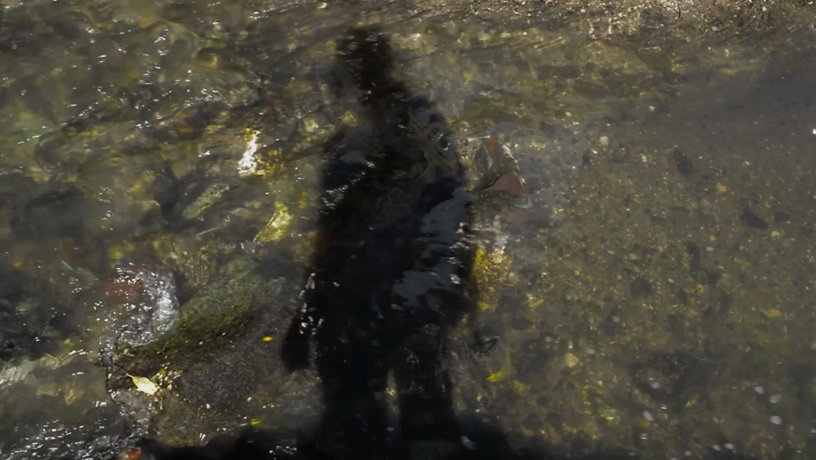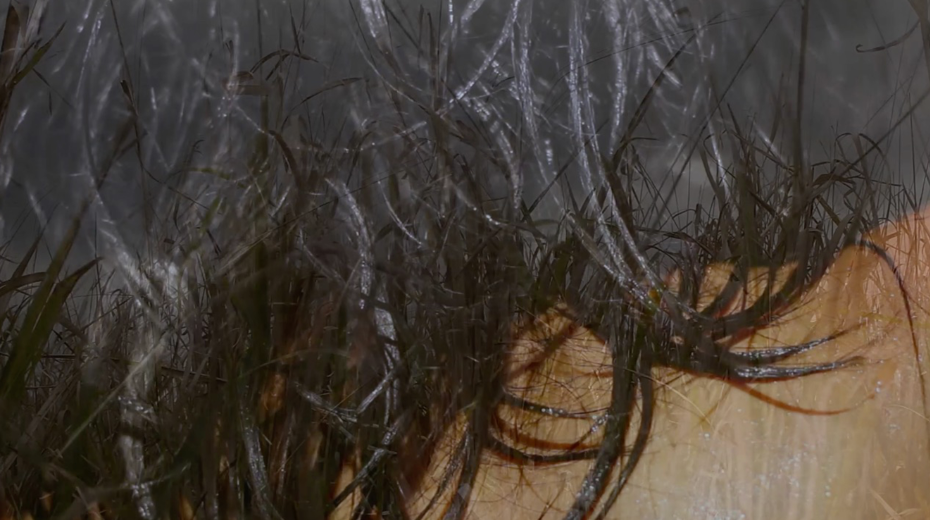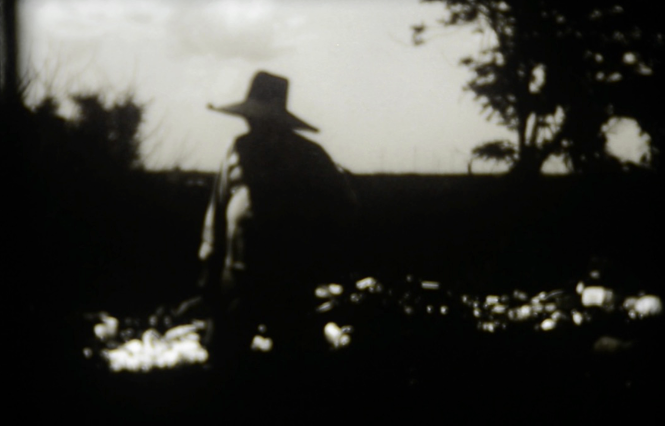Metamorphosis: an interview with Adriana López Garibay (March 2019)
We met at the International Film School in Cuba where Adriana was doing a master’s degree in “alternative cinema” (believe it or not). Whenever I showed the upsetting movies I love too much she would cry, she seemed an open-hearted vat of feeling and intelligence. She had travelled from Mexico to spend half a year in a rigorous self examination, and continued to pick away at a post-diary collage work that might include everything that crossed her path. She was a stark reminder that pictures can touch back, and that there were stakes in their production, even in this moment of too-muchness.
Adriana: Today I spoke with an old friend for eight hours updating our lives. I didn’t feel the time as we spoke about the many things of being a woman. About International Woman’s Day: I’ve never been in a march. I’m afraid. It is hard being a woman, but beautiful, not in the romantic idea that we can “give life,” but in the power we have as individuals.
I will never forget my first day in Havana, it was awful. I couldn’t sleep and had nightmares.
I am a very idealistic person so I hoped to have a very different experience walking through the city, but I just saw many sad realities and became disappointed. I felt Cuba was on the way to corruption like Mexico. I wanted to film a comparison between the countries but after talking with a friend I realized that it would be a mistake, I’m not well enough informed, even about Mexico.
I decided to get to know Cuba through Suramy, a Cuban girl. We spent many days together, with her family, my friends, hanging out in Havana and small towns, sharing thoughts and letters. She reminded me of myself when I was her age (26).
She’s a nurse at the hospital of San Antonio. She lives with her aunt who looks after her two children alone because her husband had a problem at work and can’t live with them until it’s resolved. Suramy wanted to help her aunt by working more, so in her free time she takes care of old people even though having a second job is very heavy for her because of the schedule.
One day she invited me to her job and I realized how close she was to death. She worked in intensive area, that day she was in charge of an old man who was dying and the next patient was a woman stabbed by her husband. Suramy sees life so realistically and serenely but I couldn’t, I would cry everyday.
Mike: What did you discover about yourself while making Metamorphosis (18:08 minutes 2018)?
Adriana: When I presented the first cut to my coordinator, he opened my eyes, He made me realize that I repeated shots, and how in each exercise I was trying to say something unconsciously about myself. He saw something that I couldn’t see; I mean I knew it, but I never thought that it was actually being shown. So instead of trying to make something formal, I turned towards the personal. I still wanted to make something about Cuba so I asked myself: how do I connect with this country? I reviewed everything that I wrote and read in those months, and started analysing everything about my problems of belonging, faith and being a woman.
Everything felt connected: my personal diary, the short film exercises in school, my relationship with Suramy, lines I had underlined in my books. When I looked again, I understood so many frames. I understood why I shot old buildings, why I think a woman is like a tree, why I always feel that I don’t belong anywhere, why I’m always looking for love, why I love crosses, why I went to Cuba, and why I’m always thinking in the past. I was so submerged in the frames and sounds that I thought the video would show how my brain works. I was traveling so deep in my self that when I saw the result, which was so personal, I was ashamed.
Mike: How did you put it together and give it a shape?
Adriana: I spent six months in Cuba, and structured the movie like a monthly diary. In the first chapter I speak about my arrival in Cuba. The second chapter is about how I feel about life and how that is reflected in the island. In the third chapter I wanted to show how idealistic I am and how I got hurt again. The fourth chapter was made close to the end of my stay, when I was afraid to come back to Mexico. The last chapter is my conclusion, my belonging in the world that is not defined by a country. I armed the puzzle with images, sounds, lectures, letters with my friend and my personal diary.
Mike: Did you make movies before coming to Cuba? Can you describe them?
Adriana: Yes, I have two short fiction films and one short documentary, though they were not well executed.
De la distorsión a la belleza (2:33 minutes, 2015) is a short fiction about beauty and shows a girl dancing in the woods where she undergoes a transformation. See you soon (4:19 minutes, 2016) is personal, it’s about the death of a friend that changed my life completely.
My first documentary Blindness in the city (22:02 minutes, 2016) was about life as a blind person. The first time I saw him I cried so much because it took a while to realize he was blind. I was the blind one. At the beginning I saw him like a hero, but when he talked about his life he was so macho, for instance, he beat his first wife. But he suffered so much that I realized I am nobody to judge. I could have included only the part when he lost the view, but I decided to leave in all of his history and let people make their own conclusions. At the end, I read him a letter from his second wife, up to that moment we only hear him talking about his life. I am thankful because he opened his heart to me and was honest. On other hand I am not so happy for me because the image looks amateurish. I’ve also worked on the projects of other directors who I’m close with. I’m very happy and proud to be part of that, and to learn more.


